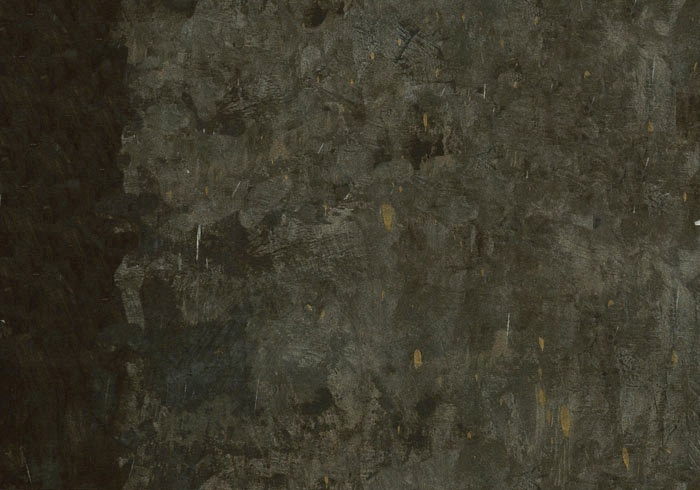Those sneaky Romans built Hadrian's Wall in order to keep out the Celts from what is today Scotland. Unable to conquer these people, Emperor Hadrian probably gave the order to build this wall during his visit to Britain in AD 122.
Interestingly enough another wall was constructed farther north, the Antonione wall which expanded the Roman Empire even further, however this wall fell into disuse and by AD 163 the border had moved south to Hadrian's wall once again.
This was was 4 feet thick, 14 feet high, and had a watchtower every Roman mile that was guarded by at least 8 men, and in-between these "milecastles" two additional towers stood where sentries could keep an eye on the movement of goods and people across the border.
Massive forts were constructed, to support and house the troops, and these forts also served as the crossing points through which access was allowed. Some of these forts are immense, such as Chesters Fort which may have housed up to 500 men!
To the north of the wall itself a deep defensive ditch was laid, and to the south another ditch known as the Vallum which was itself flanked with mounds of earth. Often noted by historians as the concertina wire of the Romans, the Vallum aided in restricting movement across the wall.
Inside the Vallum and the wall the Romans also built a smooth highway known as the Military way. Very forward thinking people, the Romans envisioned this as a way to move their troops quickly along the wall in case of trouble.
Hadrian's Wall, when completed, ran the entire width of Great Britain, a staggering 120 kilometers!
There are three main historical sites, The Housesteads Fort, Chesters Fort, and the Corbridge Roman Site. Corbridge is unique because it actually is not on the wall itself, but about 5 kilometers south, and had more of a supporting role. An entrance fee is charged to gain access to them, the usual $4.00 per person, and a small gift shop and bathrooms are available.




